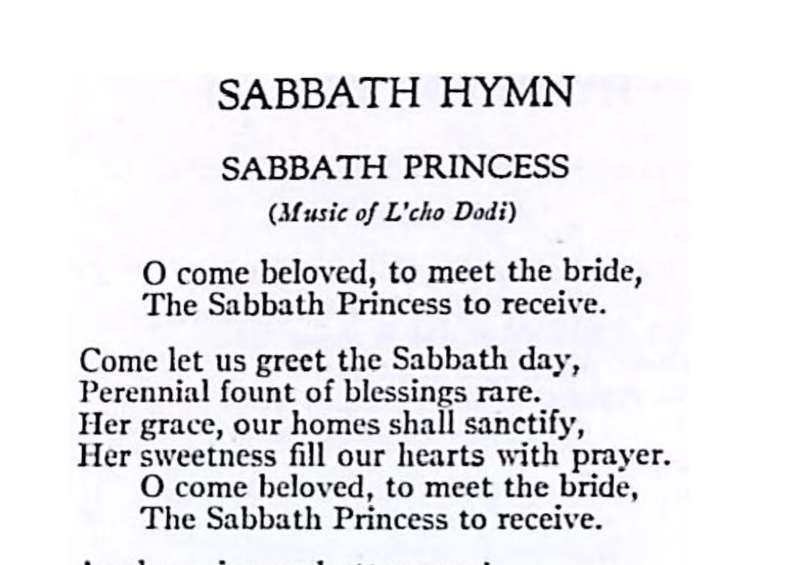| Contribute a translation | Source (English) |
|---|---|
Father, See Thy Children | |
Father, see Thy suppliant children Trembling stand before Thy throne, To confirm the vow of Horeb: We will serve the Lord alone. Thy commands shall be engraven On the tablets of our heart Till the heart in death be broken, And the cord of life shall part. | |
When dark tempests, lowering, gather, It will be our strength and stay; It will be our guardian angel Upon life’s laborious way. | |
As a shelt’ring cloud at noontide, As a flaming fire by night, Through prosperity and sorrow, It will guide our steps aright, Till our lives shall bud and blossom With the beauty of Thy truth, And we reap, in age, the fruitage Of the planting of our youth. Amen. Amen. |
“Hymn for Shaḇuoth (Father, See Thy Children)” is based on “Confirmation (Father, see thy suppliant children)” an original hymn by Felix Adler published in Hymns, for Divine Service in the Temple Emanu-El (1871), hymn 34, p. 68. (While the Union Hymnal credits the Hamburg Temple Hymnal and Adler as a translator, I couldn’t locate any hymn in German corresponding to these lines in the hymnal of the Israelitischer Tempel in Hamburg (1880). Perhaps there is another famous synagogue hymnal they are referring to from Hamburg. If you know for certain that Adler was not the original author of this hymn, please leave a comment with a link or reference to the original source, or contact us.)
The last four lines of the hymn have been amended and replaced with “Till our lives shall bud and blossom…” by Angie Irma Cohon, for use on Shavuot. This version was published in her תפלת ישראל (Tefilat Yisrael) A Brief Jewish Ritual (Women of Miẓpah 1921), p. 19. –Aharon Varady
Source(s)



“Hymn for Shaḇuoth (Father, See Thy Children) — from a Confirmation hymn by Felix Adler (1868) adapted by Angie Irma Cohon (1921)” is shared through the Open Siddur Project with a Creative Commons Attribution-ShareAlike 4.0 International copyleft license.










Leave a Reply